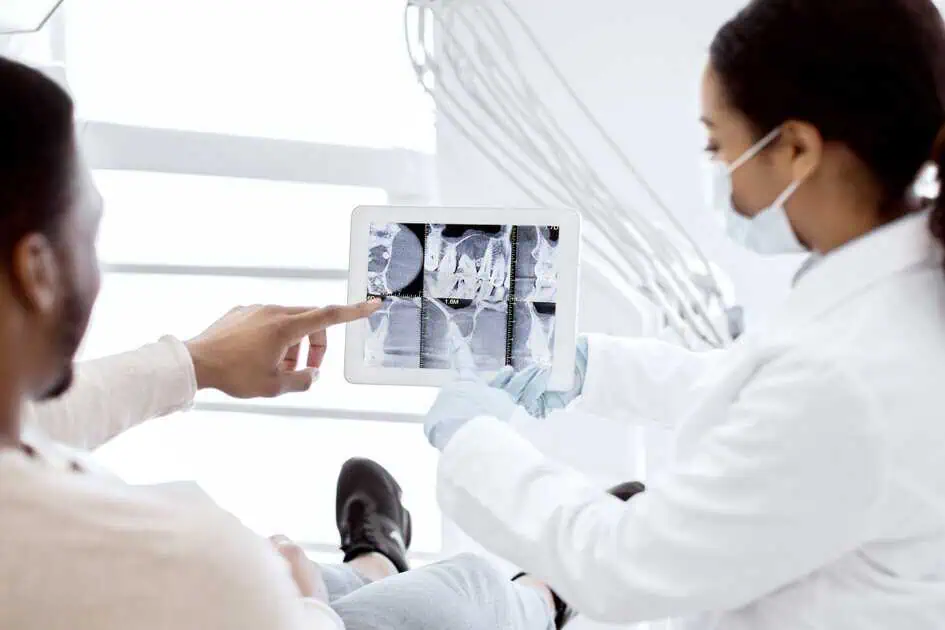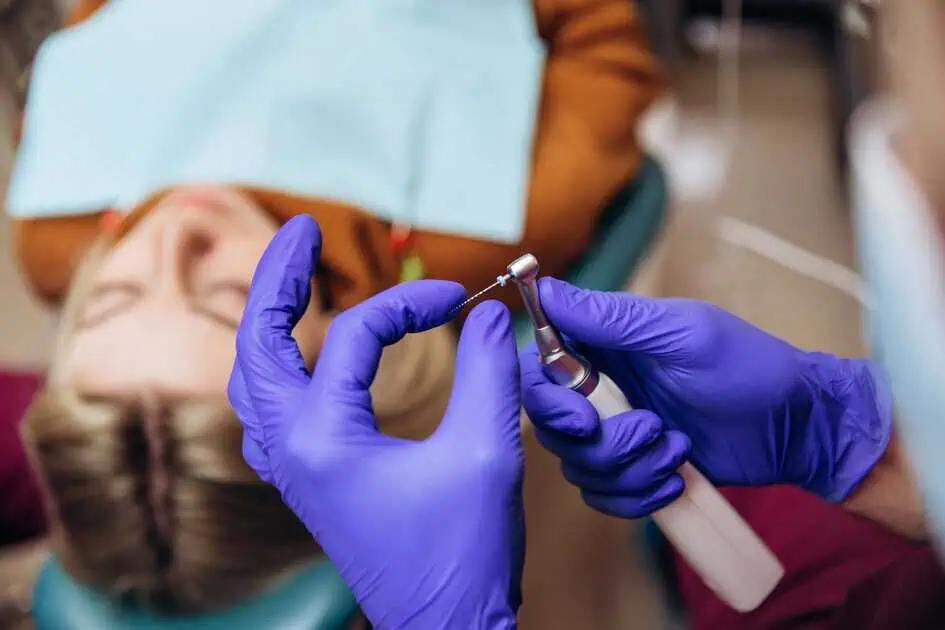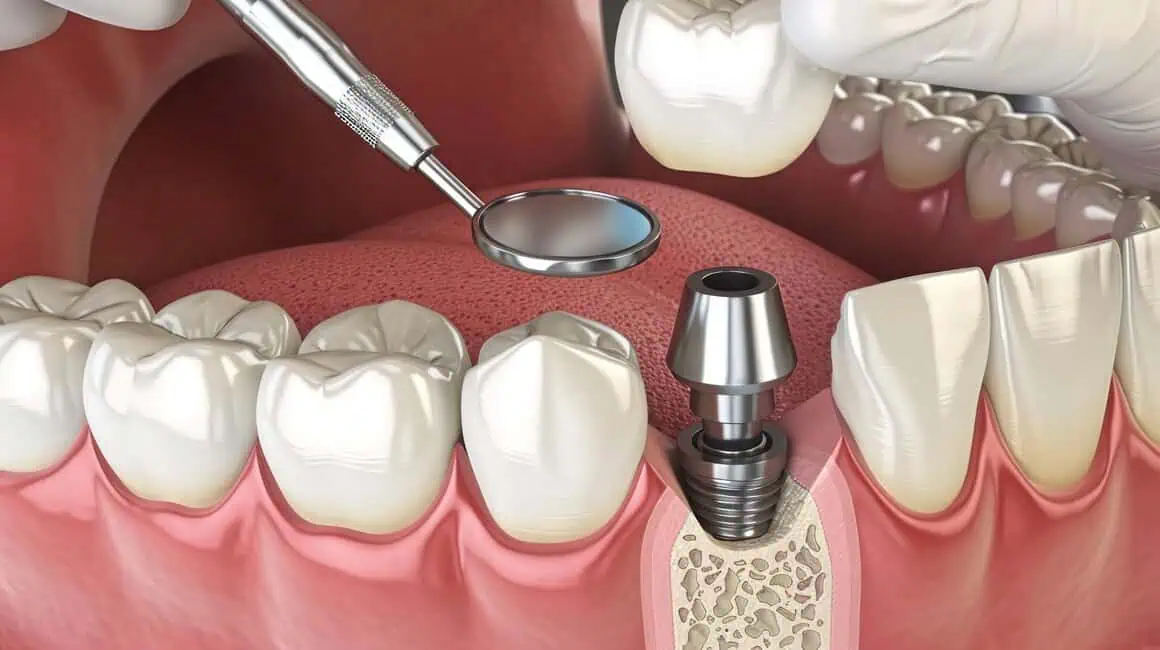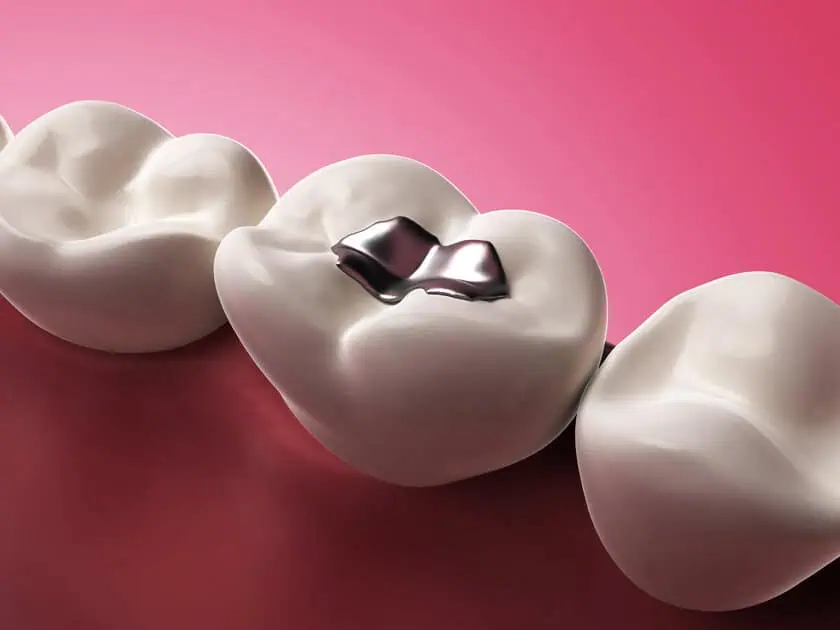Extractions are among today’s modern approaches to teeth maintenance and overall care. While expert dentists can often save even severely damaged or diseased teeth, there are still times that require you still have your teeth removed. Experienced dentists can perform extraction procedures with minimal fuss and discomfort if you or your child need an extraction.
Today, let us know more about extractions, how they work, and what to expect after receiving one. Continue reading until the end and discover if extractions can also work for your teeth concerns.
What is an Extraction?
Extractions involve removing one or more teeth. Dentists can often save even severely damaged teeth using crowns and root canals, but sometimes, tooth extractions are unavoidable. They’re sometimes necessary if you have the following:
- Broken teeth
- Impacted teeth
- Infected teeth
- Non-restorable teeth
- Overcrowded teeth
- Serious tooth decay
- Severe gum disease
Furthermore, you might also need tooth extractions if your teeth need removal to fit a complete denture.
How Extractions Work?
Your teeth extraction involves being under anesthetics. The type that dentists will use varies based on the kind of extraction you will need and your preferences, but options include the following:
- General anesthetic
- Intravenous or IV sedation
- Local anesthetic
- Nitrous oxide gas
Some tooth extractions are straightforward; for example, if the tooth is already loose, it must be eased out carefully. Meanwhile, impacted wisdom teeth may be more of a challenge for dentists to extract and may involve more invasive techniques.
After your extraction, it’s best to plan to replace the missing tooth since an empty socket will not be suitable for your jaw or other teeth. Options include bridges, dental implants, or dentures.
Procedure Details
Before Tooth Extractions
Dentists will assess the affected tooth and its surrounding gums. They will also take a dental X-ray of the area to check bone levels and determine the extent of the damage. Make sure you let your dentist know about your medications, vitamins, or supplements. Once all information is gathered, your dentist will discuss treatment and sedation options with you in detail.
Sedation Options for Extractions
Many clinics offer sedation during tooth extractions and other dental procedures. Sedation is an excellent option for people with dental anxiety or wanting to be more comfortable during their appointment.
Sedation medications used in dentistry include the following:
- Intravenous (IV) sedation. This method is recommended for people with significant dental anxiety or those undergoing lengthy procedures. Medications for pain and sedation, like midazolam and meperidine, are administered directly to the bloodstream using IV lines, hence, IV sedation. This method is the highest level of sedation that can be obtained in dental office settings. People who choose IV sedation must make arrangements for a driver on the day of their procedure.
- Oral conscious sedation. This sedation method is given orally, usually as a pill, around an hour before your extraction. Midazolam, diazepam, lorazepam, and triazolam are common medications used for this purpose. Also, oral conscious sedation can be used alone or combined with intravenous sedation or nitrous oxide Dosages are adjusted based on your specific needs. Patients who choose oral conscious sedation will require a trusted friend or family member to assist and drive them to and from their appointment.
- Nitrous oxide. Also called “laughing gas,” nitrous oxide is a gas you inhale through masks or nosepieces, which is a good option for people who need light-level sedation. Patients who opt to use nitrous oxide can drive themselves to and from extraction appointments.
Occasionally, dental providers may recommend general anesthesia in a hospital setting. This option is usually reserved for facial reconstruction or corrective jaw surgery.
During Tooth Extractions
- First, anesthetics will be given to help numb the area of the affected tooth and surrounding gum tissues.
- With specialized dental instruments, dentists gradually loosen your tooth, slowly and carefully lifting it from its socket.
- At times, dentists might create incisions in your gums to access your tooth — significantly if the tooth is badly decayed or has been broken off at its gum line.
- After your tooth is removed, the socket is cleaned and disinfected. Sometimes, dentists may also place dental grafts to help prevent bone loss in your jaw.
- Finally, your dentist may place stitches to help promote healing.
After Tooth Extractions
When the extraction is complete, dentists will place pieces of gauze over the site of extraction, then will ask you to close it with firm, steady pressure. This step helps slow bleeding so a blood clot can form. Clotting is a regular aspect of recovery because it promotes healing and helps reduce the risk of having dry sockets. You’ll remove the gauze once your bleeding has slowed enough. Although, light bleeding may continue throughout the first 24 hours.
Aftercare
After your teeth extraction, your dentist will give you detailed post-surgical directions and instructions. Here are a few general guidelines for your speedy recovery:
- Refrain from doing strenuous activity for at least two (2) days. An elevated heart rate can cause increased postoperative bleeding and discomfort. Ask your dentist when it’s safe to resume everyday routines.
- Take all medications as directed and prescribed, such as antibiotics and pain relievers. It’s essential to take all of these medications exactly as directed. You can also have over-the-counter pain relievers, such as acetaminophen and ibuprofen.
- Keep the extraction site clean all the time. Gently clean and rinse the area using antimicrobial mouthwashes two to three (2-3) times a day. Avoid brushing directly over your extraction site until your dentist tells you it’s safe. Brush and floss all other areas normally.
Can I Avoid Tooth Extractions?
Many problems that lead to tooth extractions, like tooth decay, gum disease, and infections, are preventable with a good oral hygiene routine. Always brush and floss your teeth daily or visit dental clinics as much as possible for regular checkups.
Other tooth extractions are inevitable. Having extra teeth or a jaw too small for your teeth can make your pearly whites overcrowded and cross over each other, making tooth decay more possible.
Wisdom teeth, the molars at the very back of your mouth, can also require unavoidable extraction. Wisdom teeth typically only come through once you’re an adult, and often there needs more room in your jaw to erupt correctly, so they get impacted.
Impacted wisdom teeth can be very painful and increase your risk of tooth decay, infections, root damage, and cysts. Because you don’t need wisdom teeth, and no one can see that far into your mouth when you smile, they don’t need replacing after extraction.
The Bottomline
Extractions are never fun, especially when you hear and know that you need to have a tooth pulled. But sometimes, tooth extraction is the best way to eliminate infection and get you back on track to a healthy smile and life.
If you need a tooth extraction, our wonderful friends at Solomon Family Dentistry can help you today. Visit them now!





